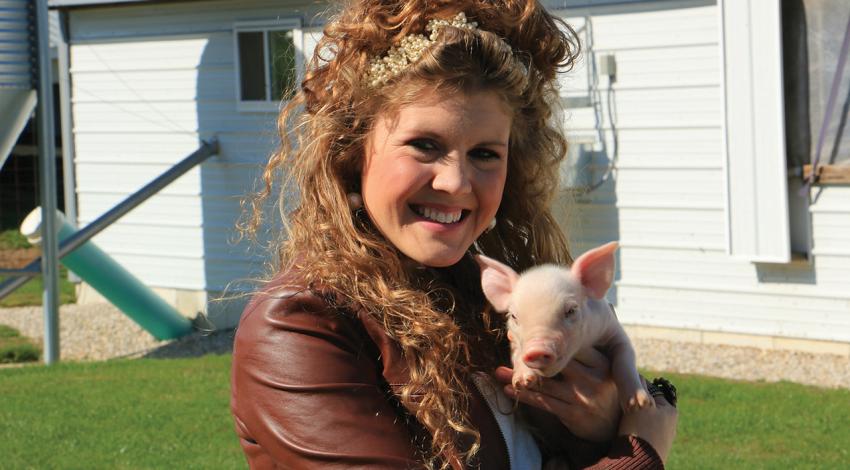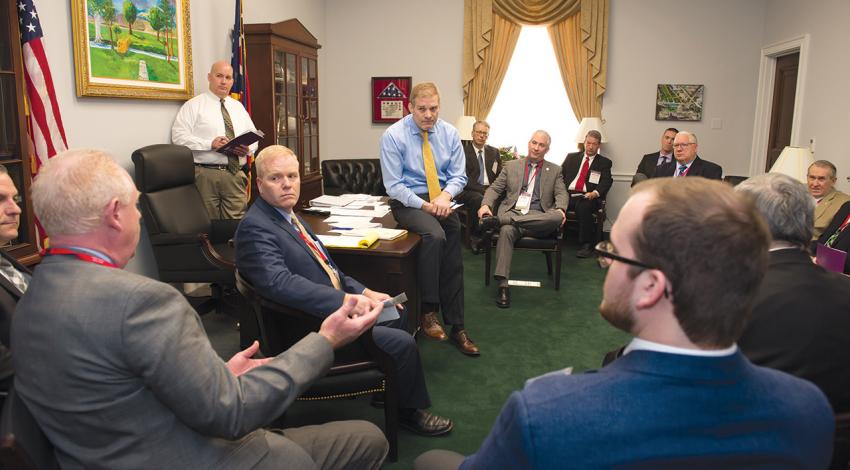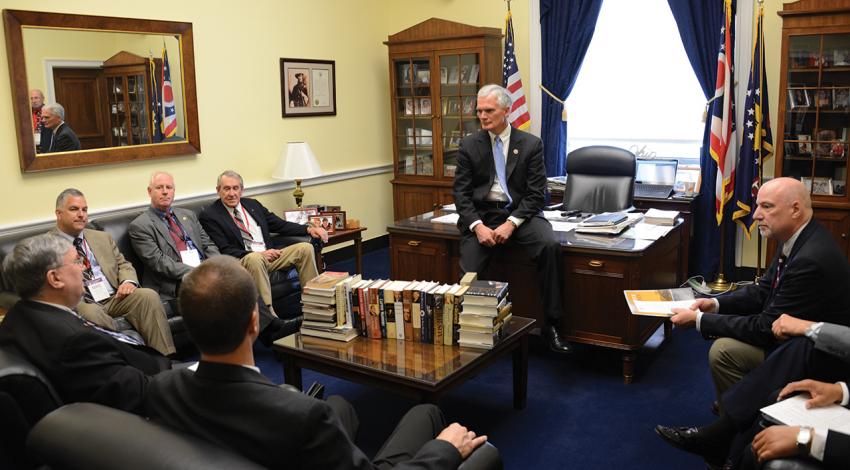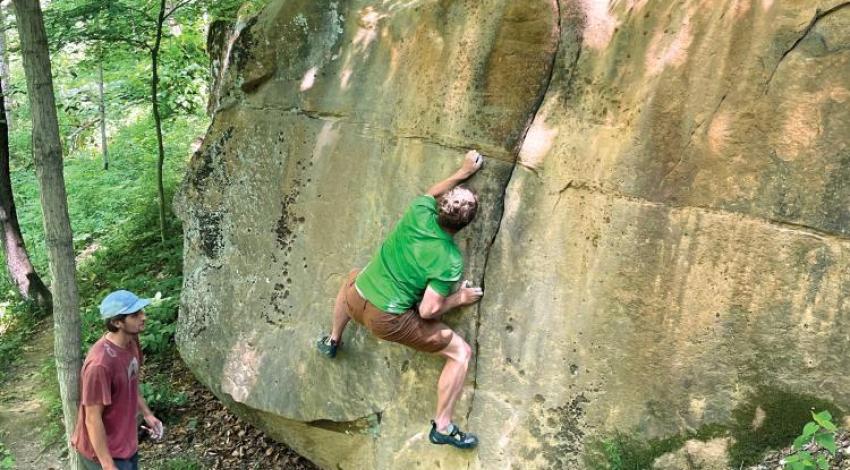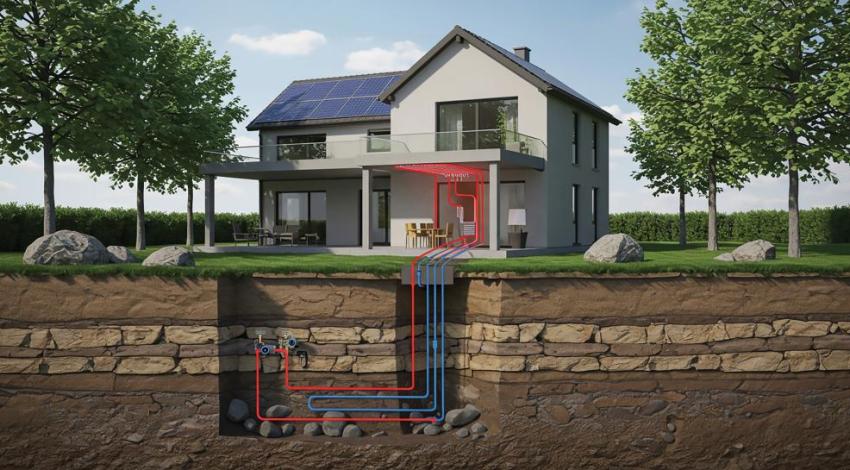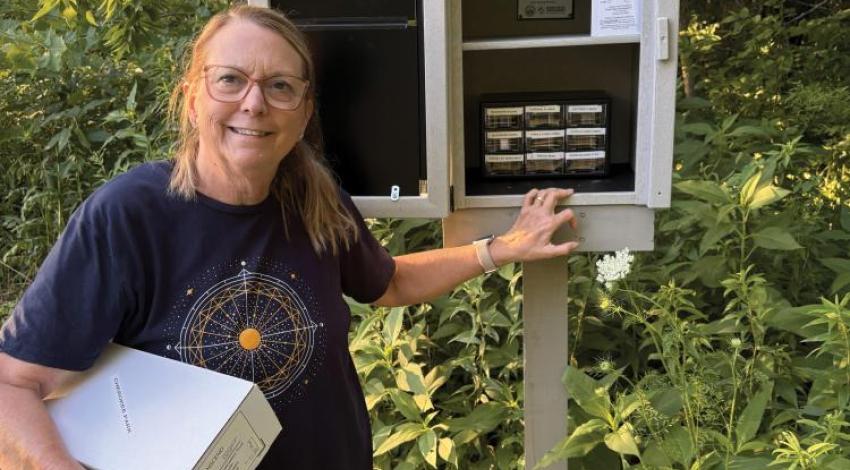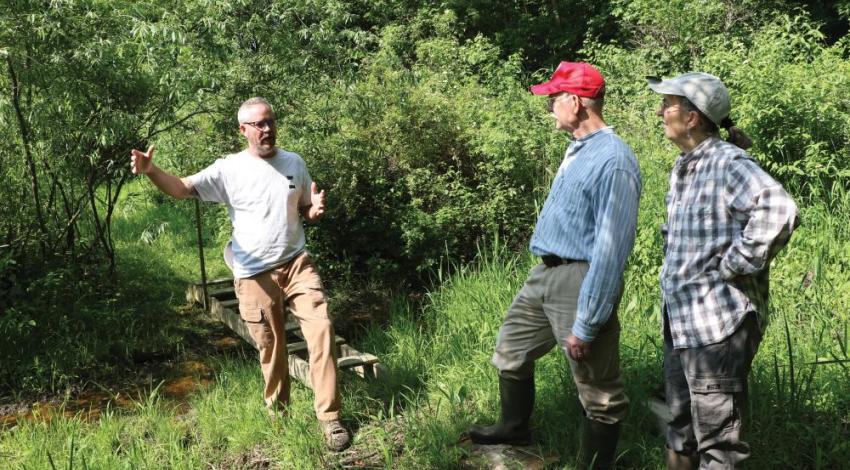The 2016 elections demonstrated the influence of rural voters — and, therefore, let elected officials know in no uncertain terms to pay attention to the needs of rural America.
While the National Rural Electric Cooperative Association has a team of government affairs professionals lobbying Congress every day, local cooperative leaders make an annual trek to Washington, D.C., every April so those federal policymakers hear directly from folks from their district or home state.

